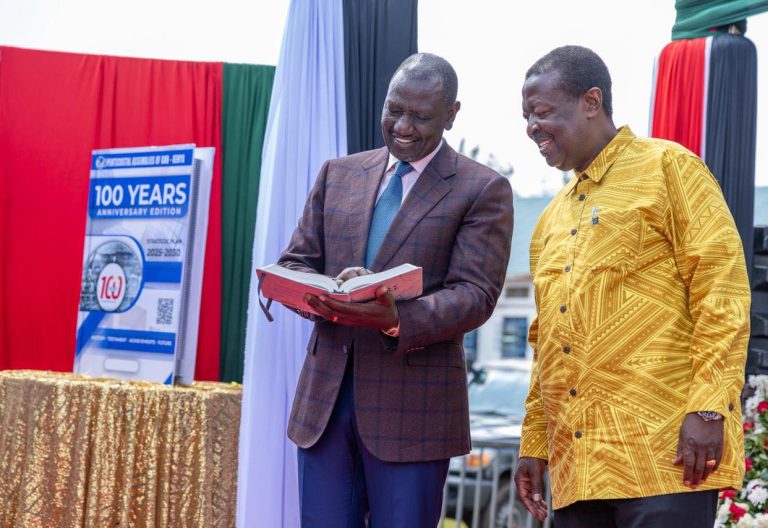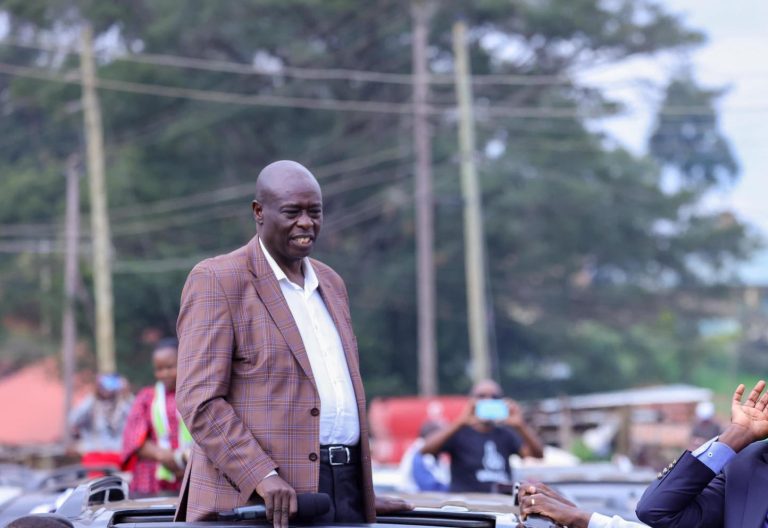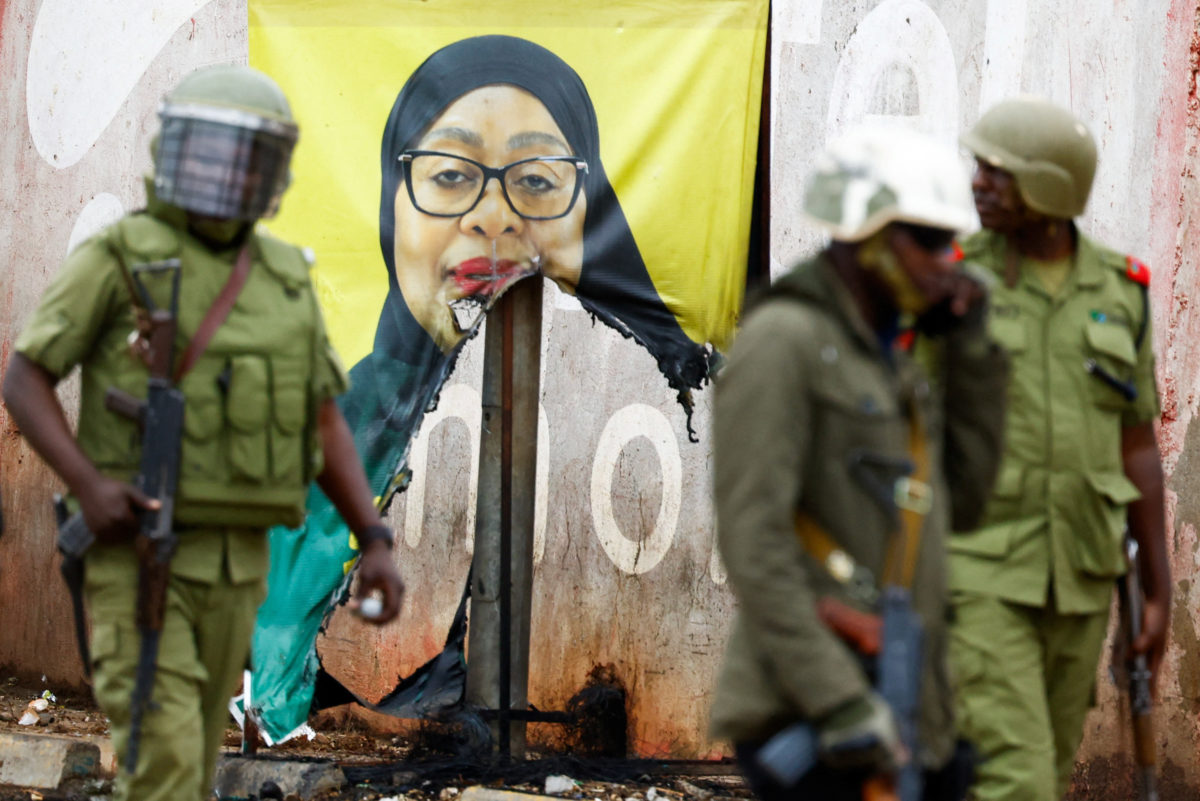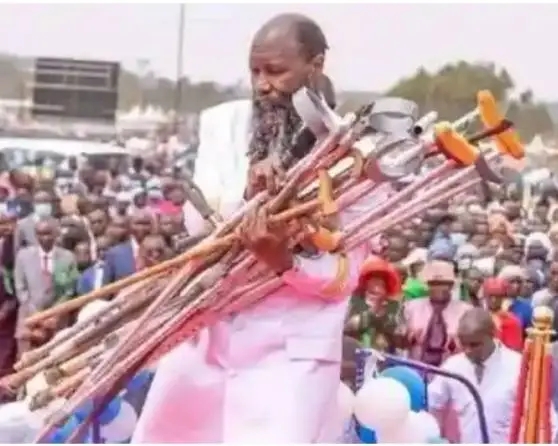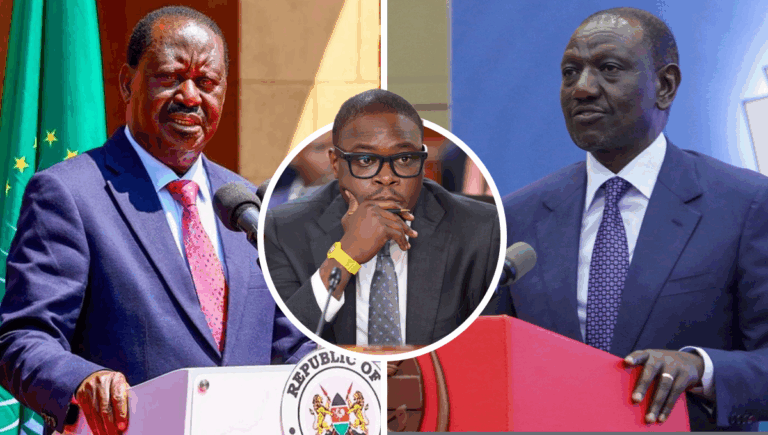
In a dramatic political reversal, President William Ruto and ODM leader Raila Odinga intervened to halt efforts to impeach Nairobi Governor Johnson Sakaja, citing the need to avoid political upheaval in the capital and uphold service delivery.
In a swift, parallel response, Raila held emergency meetings with ODM-aligned MCAs at his foundation, while Ruto separately engaged with UDA-aligned ward representatives at State House.
Both meetings ended with a unanimous agreement: the impeachment bid would be suspended and replaced by a truce that gives the governor critical breathing space.The ODM in meeting ended with MCAs agreeing to pause the impeachment motion for one month, giving Sakaja a clear window to mend relations and demonstrate leadership effectiveness.
Raila’s influence—and his stern reminder that political instability in Nairobi could embolden rivals—was central to that breakthrough.Across town at State House, Ruto urged UDA-aligned MCAs to postpone the motion in the interests of harmony and progress.
He counseled that leadership requires resilience rather than retaliation, and warned that further chaos would derail the city’s service delivery.Sakaja seized the moment to issue a public apology, acknowledging the grievances over stalling development projects, oversight exclusion, and delayed bursary disbursements.
He pledged immediate action to reverse missteps and restore trust.As the dust settles, Nairobi watches closely: can Sakaja deliver on the truce, or will political tensions flare again once the one-month window lapses?


